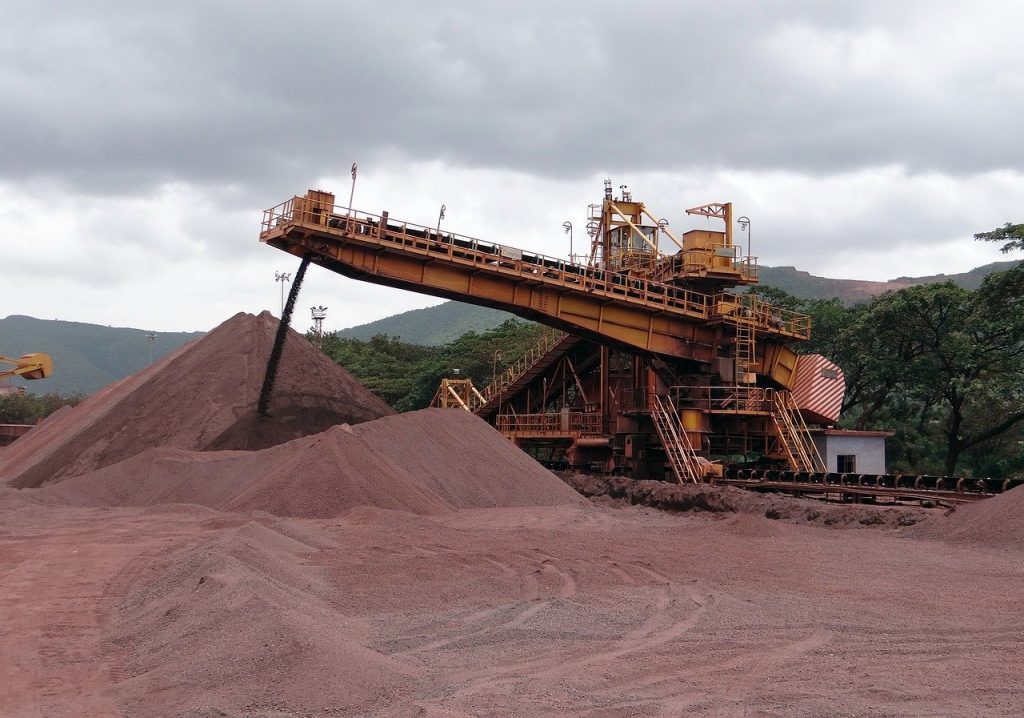Industrial minerals are irreplaceable in many everyday products. For example, a typical house contains about 150 tonnes of industrial minerals, while a standard car contains 100-150 kg. Industrial minerals such as barytes, kaolin, or salt are extracted within the EU to supply a wide range of industries. For some minerals such as magnesite, fluorspar, kaolin, and potash, Europe is a major global producer. Over the last years, the mineral industry has made enormous efforts to improve its environmental performance, and companies struggle to reconcile their activities with the current sustainable challenges (Source: ec.europa.eu).
According to the Greek Extractive Industry Report, Greece is one of the EU Member States that has significant mineral resources in terms of quality, quantity and variety of ores and minerals. The Greek extractive industry is an important sector of the country’s economic activity. Together with the corresponding manufacturing sector it accounts for 3-5% of the GDP, providing raw materials to a number of other equally important sectors such as power generation, cement industry, building/construction industry among others.
The Greek extractive company Grecian Magnesite, is part of the BAMBOO project. How is the mineral industry dealing with the new environmental and technological issues?
- Which are the main benefits of BAMBOO technology on your process?
The installation of a new burner will make the burning process more environmentally friendly by reducing NOx emissions. Co-firing biomass will contribute to reduce pollutant emissions, decarbonize the combustion process and will boost circular economy by the reuse of waste biomasses. - How did the introduction of the new technology impact on your process management?
The installation of a Low NOx multi-fuel burner will offer better flexibility on the use of various fuels. - Which are the main key challenges and key risks you have/had to deal with?
Unfortunately, it is difficult to find partners experts in burners design and manufacturing. There is a limited technical knowledge for the technology and inadequate performance of existing commercial products for the high sintering temperatures in the magnesia production process. - In your opinion, what’s the market potential and the long-term benefit of the new technology on process industries?
A reduction of pollutant emissions is essential for any process industry due to more stringent regulations. Together with circular economy, it contributes to enhancing the public image of industries.



